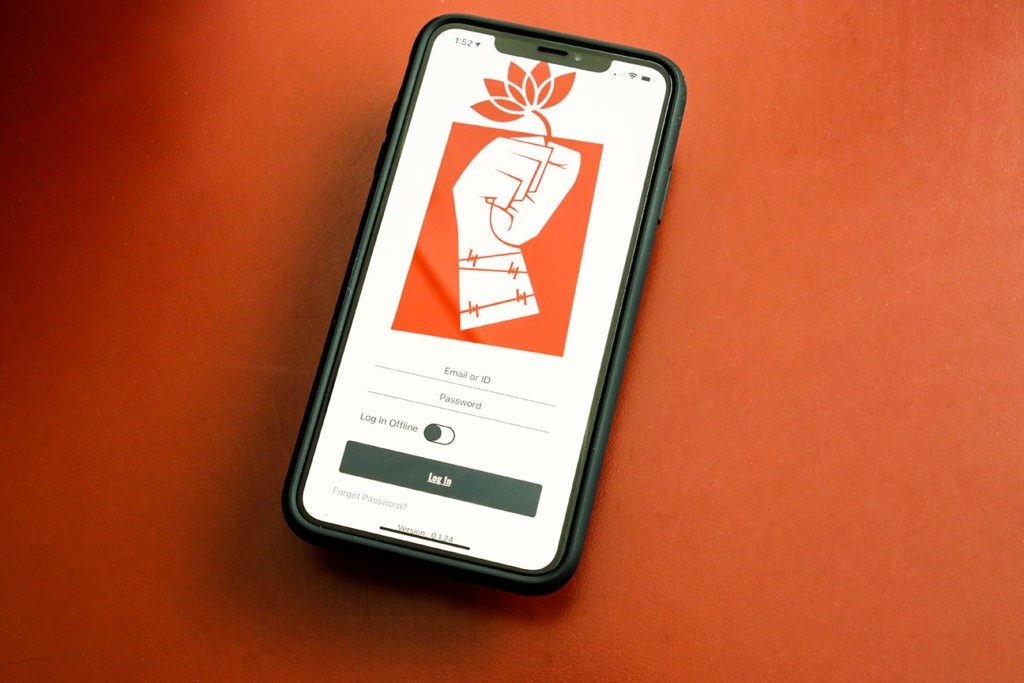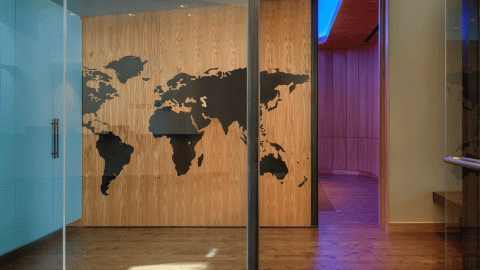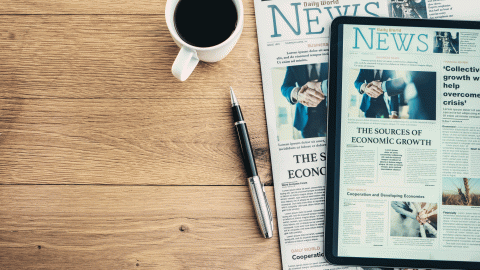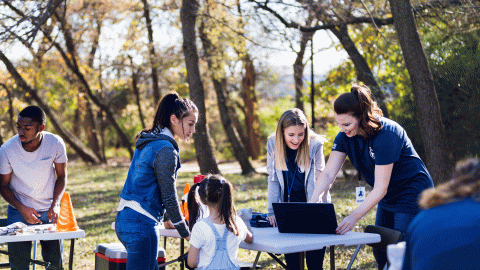How TrialWatch and other technology can help navigate the legal system
The principle of equality before law has underpinned the definition of justice all over the world, including in the United States and in the 1948 Universal Declaration of Human Rights. But the expertise necessary to navigate legal systems can, at times, be hard to access. AI and other technology is now being used to help predict, analyse and respond to human rights issues the world over.
In April 2019, the Clooney Foundation for Justice announced TrialWatch, in partnership with Microsoft, the American Bar Association, Columbia Law School and the Office of the United Nations High Commissioner for Human Rights. This app aims to bring more transparency to courtrooms around the world. Microsoft’s involvement with TrialWatch is part of its AI for Humanitarian Action that was announced at the United Nations General Assembly in September 2018.
Beyond Microsoft’s efforts, there are several organizations using technology to help ensure everyone has more equal access to justice. Here are a few:
Seeking advice
Interpreting the law and applying it to individual circumstances is complex. Expense, time and distance can be significant barriers when it comes to getting help from a lawyer. But sometimes even the simplest technology can make a difference.
Lawyers are using video-calling services like Skype to eliminate the need for clients to travel. In the United States, Utah Legal Services has been operating Skype clinics at community centers and public libraries so in remote parts of the state can get legal aid.
Making expertise available locally can make a difference. One example is a project in Tanzania, where volunteers with smartphones have been able to help farmers establish land rights using mobile technology. Many of the people who have been helped are vulnerable women who have been able to secure official titles to their property for the first time.
[For more on the topics that matter most, subscribe to Microsoft on the Issues.]
Simpler and quicker
In some cases, more advanced applications are being used to help people navigate the justice system without a lawyer.
The A2J project uses cloud-based software to help people without legal representation put together documents that can be filed in court cases and tribunals. It has been used around 4.7 million times across 42 U.S. states. In the United Kingdom, a similar system called CourtNav guides people through putting together divorce petitions.
Chatbots are going even further. Do Not Pay helps drivers appeal parking tickets in the U.K. and a range of American cities. Its founder is planning to expand into small claims and civil cases.
The winner of the 2019 Global Legal Hackathon was a German startup, called Uthority, whose app makes legal letters easier to understand. Users can take a picture of a lawyer’s letter or court document, and get the key points in everyday language without legal jargon.
Digital courts
British Columbia has set up the Civil Resolution Tribunal, which can adjudicate in small claims, motor vehicle injury cases and condominium disputes. Plaintiffs file an application online, and the parties are taken through a mediation process. If no agreement can be reached, an independent adjudicator will make a legally enforceable judgement.
A different approach has been taken in Mohave County in Arizona. A video kiosk links to a court, allowing people to talk to clerks, print and file papers, and pay fines. People are even able to appear in front of a judge remotely.
Shining a light
Technology is also being used to shine a light into court systems, and help expose injustice around the world. TrialWatch, the Clooney Foundation for Justice’s partnership with Microsoft and other organisations, “equips and trains monitors to determine and document if trials are conducted in a fair way.”
Its AI-powered text-to-speech and language-translation capabilities help experts around the world assess a trial’s fairness, even if they don’t speak a local language. The foundation can then document and address miscarriages of justice or abuses of legal authority.
The data will also be used to create a global justice index assessing how national courts adhere to human rights and fair trial standards.
For more on AI, visit AI Empowering Innovation. And follow @MSFTIssues on Twitter.








